Ahmad Mudhakkir
21st July 2016 - 5 min read
Comparisons are kind of our thing here at RinggitPlus. We compare everything from online streaming video, to iPhones, to wearables, to everything in between. In that vein, we would like to introduce you to our new series of articles where we compare two different and opposing things against each other to see which one comes out on top!
This time, it’s Cash vs Credit Cards!
Cash
Cash has been king of transactions ever since the barter system died out thousands of years ago. Coins and banknotes not only serve as currency, they are also icons of the countries they represent, and carry special symbolic meaning to the countrymen who use them. Will it stand up to cards? Let’s see…

Advantages
Cash is acceptable everywhere. Even in countries where you can’t spend your particular currency, you can always go to a money changer. Nobody says no to straight-up cash.
Cash is also less of a hassle to use. You don’t need to have a bank account, no PIN number to key in, no signature required, no receipts, no machines, and just plain easier to use in general.

Part of having money is being able to show it off. And how do the flauntiest, most show-offy people brag about how much they earn? They make it rain, they make a money bed, they fill pools with coins and nosedive into it. The bottom line? Cash just feels good to hold. The feeling of a stack of cold hard cash can’t compare to a flimsy bank card. No way.
Disadvantages
As easy as it is to use, cash is also the easiest to misuse. If somebody steals your cash, it’s theirs now. There’s no security feature to tie your ownership of the money back to you. This also makes cash the most unsafe to carry around. Be careful!
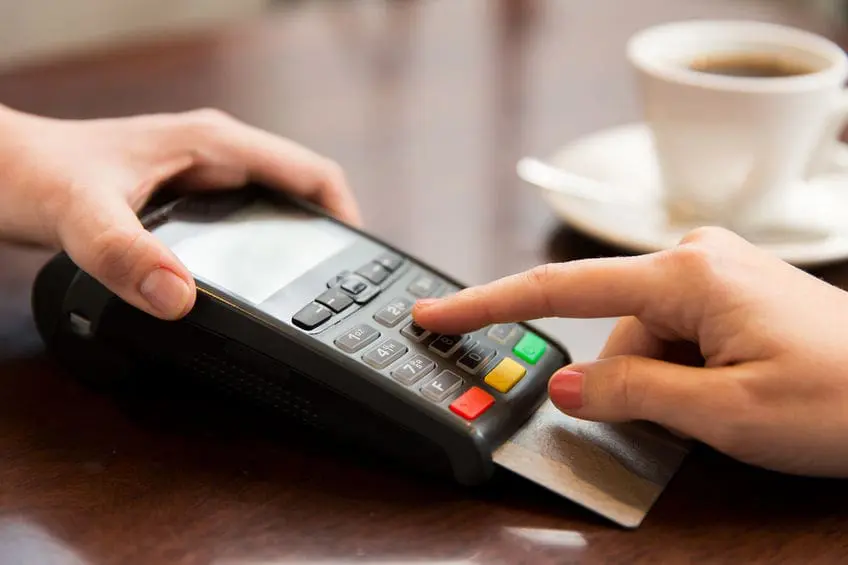
Like we mentioned above, cash doesn’t travel well. If you’re in another country, but out of reach of a money changer, you might as well have a roll of monopoly money in your pocket.
Cash is also unsecure because of its tangible nature. Due to it being a physical object in the real world, it can be damaged, destroyed, or lost due to no fault of the owner. Not to mention the risk of it being counterfeited. No risk of this happening at all with bank cards, since your money is still safe in your account no matter what happens to your card, physically.
Cards
The relative newcomer in the world of currency, bank cards are sleek, stylish, personalised, and can do way more than regular old cash. But can it stack up to stacks of banknotes and coins? Let’s find out!
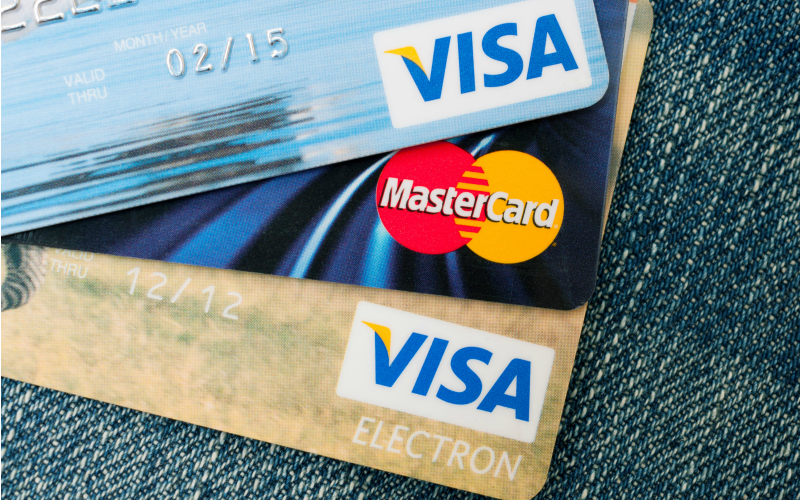
Advantages
Bank cards come in three flavours: ATM cards, debit cards, and credit cards. Still love cash but want to carry only what you need when you need it? Go with ATM cards. Keen on going cashless but would rather stick to the money you already have in your account? Debit cards are for you. Comfortable with your finances and ready to rack up rewards and privileges by spending money? Credit cards are your jam. There’s something for everybody here.
Bank cards are way more secure than cash. If yours happen to be stolen, the thief would need your PIN, your signature, and sometimes even more details before they can use it to spend on anything. And that’s if they can do all that before you cancel that card with a simple phone call. Score another one for bank cards.
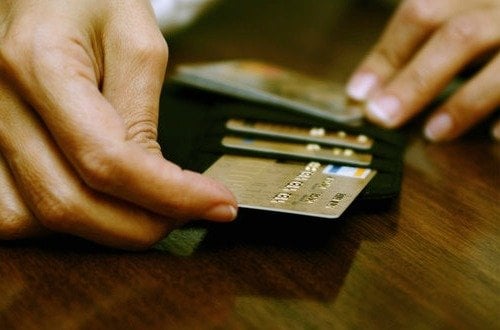
Did you know it costs money to make money? As in, all the paper and metals used up to produce the banknotes and coins actually cost the government a substantial amount. So much so, that Malaysia has stopped making the 1 sen coin to save on expenditure. Plastic on the other hand, is recyclable. Boom.
Credit cards (and even some debit cards) offer plenty of promotions, deals, and offers when you use them. From free flight tickets, to exclusive access to facilities, to dinner deals, to shopping deals, to many more. None of which you can get from paying with cash.
Disadvantages
Paying with bank cards means you’re giving up some control of the transaction and you may have to pay a bit more than expected. You may see little extra charges on your receipt when paying with cards, and often merchants won’t even let you pay with cards unless your purchases go over a certain threshold.
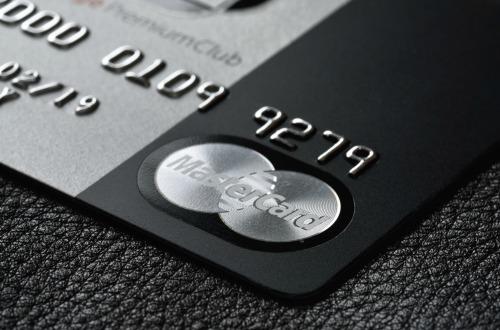
Bank cards also aren’t always universally accepted every single place you go. The nice auntie selling nasi lemak outside the corner, donations for a place of worship, or just regular merchants with broken card readers won’t be able to accept your shiny new bank card.
Now that you know the details of both our contenders it’s time for you to decide! Which one is your favourite? Who wins? Who loses? Let us know in the comments section down below! If you’d rather compare credit cards, personal loans, or fixed deposits to see which ones of their category fits your needs the best, check out our comparisons page!
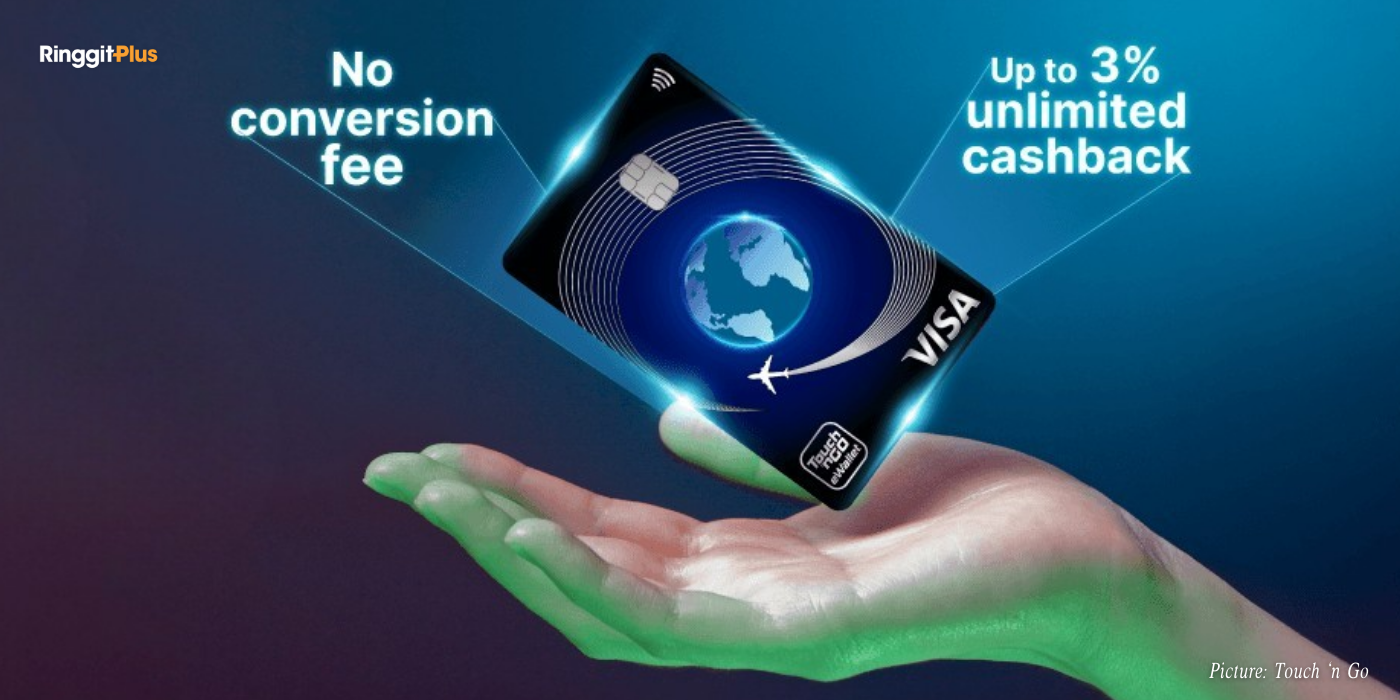


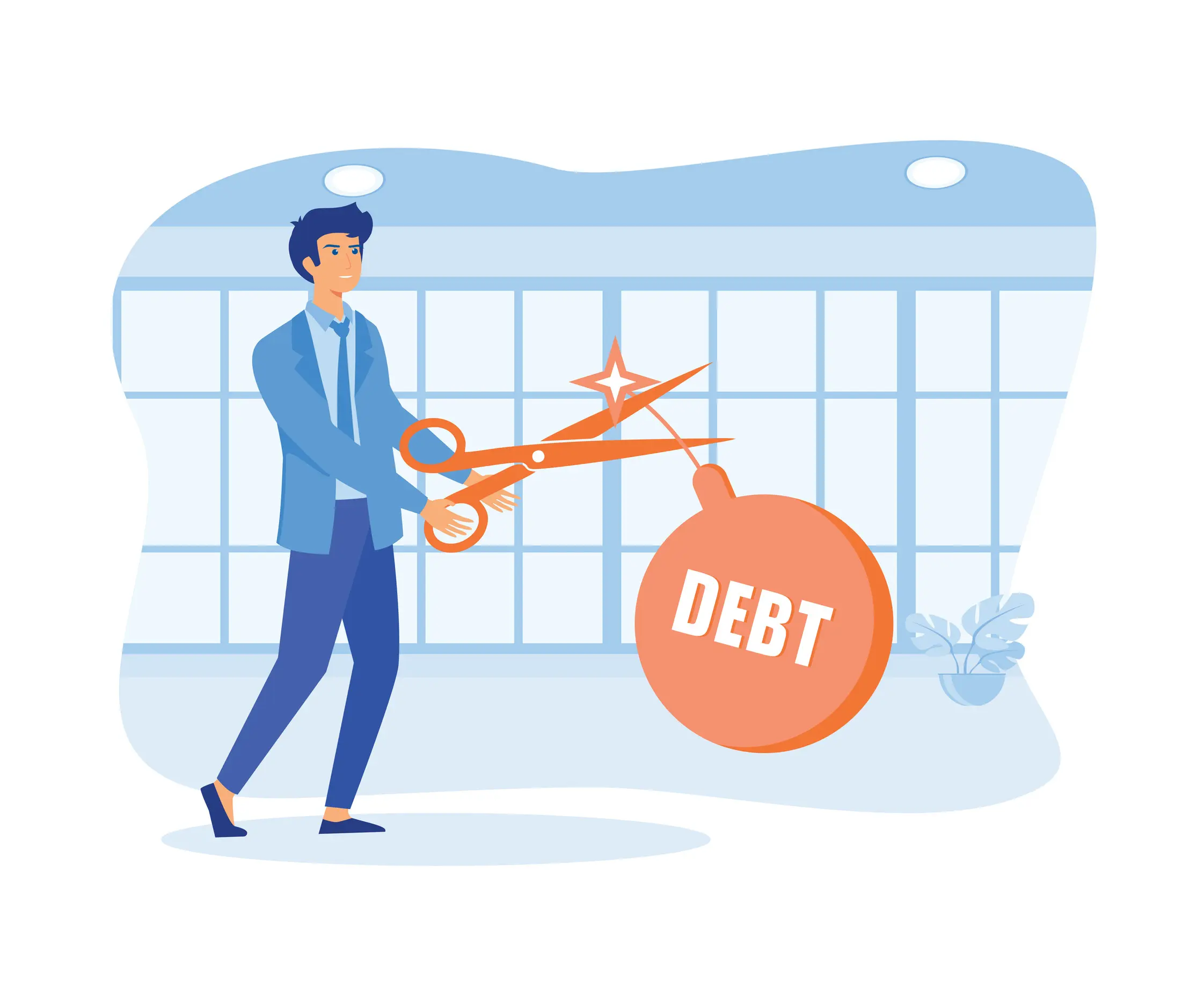

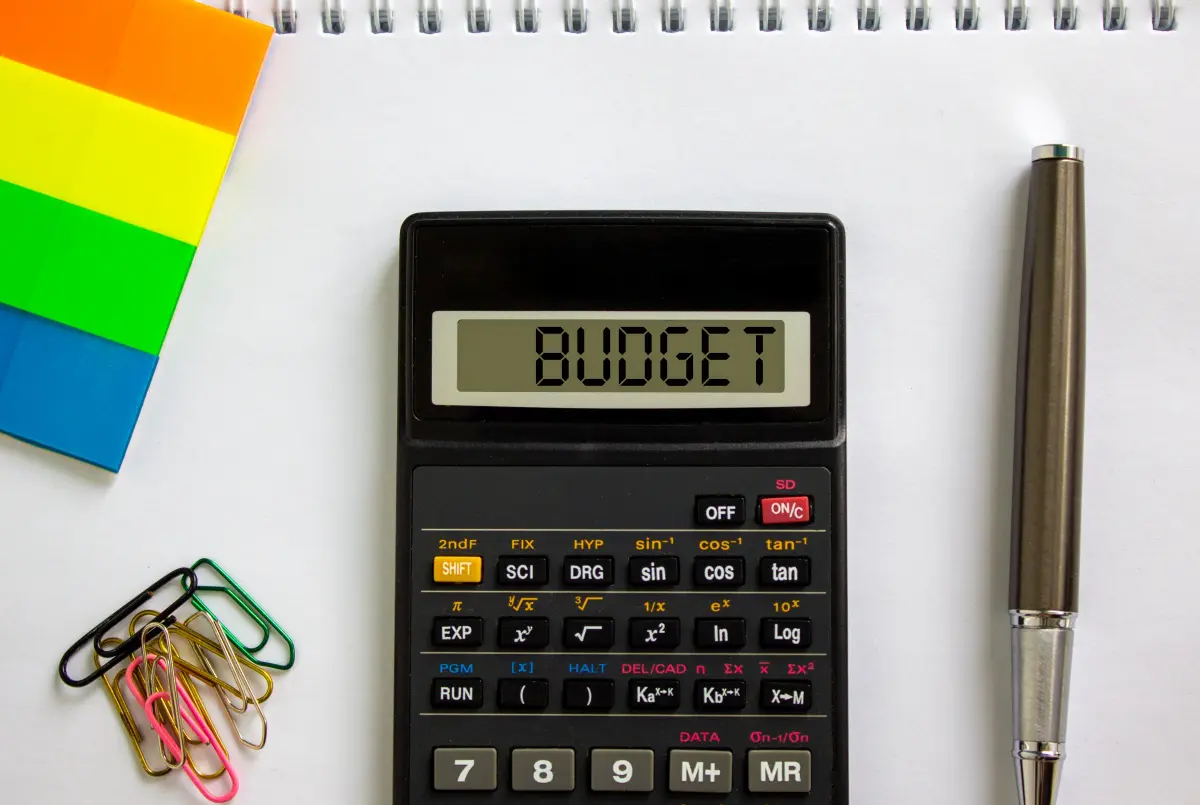



Comments (0)